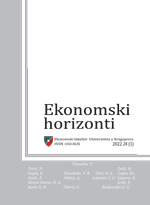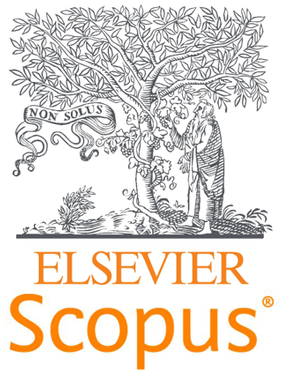The factors influencing students’ entrepreneurial intentions: An analysis using the theory of planned behavior
Ines Milohnić and Ivana Licul
University of Rijeka, Faculty of Tourism and Hospitality Management, Croatia
This study applies the Theory of Planned Behavior to investigate the impact of personal attitudes towards entrepreneurship, social norms, and perceived behavioral control on students’ entrepreneurial intentions. Conducted on a sample of 184 students in Croatia, the research study applies the practical adaptation of the TPB model so as to reflect the realistic context in which students develop their entrepreneurial intentions. The multiple regression analysis conducted in the study reveals that all the components of the theory positively and significantly affect entrepreneurial intentions. The most influential factor is perceived behavioral control, only to be followed by personal attitude and social norms. These findings enhance the understanding of the critical elements shaping students’ entrepreneurial aspirations. Additionally, the study offers useful information for higher education institutions, helping them understand students’ entrepreneurial behavior and guiding the development of targeted programs and internal policies. Ultimately, this research serves as a valuable resource for a broader academic community to help them design the strategies that promote students’ entrepreneurial ambitions.
Keywords: entrepreneurship, entrepreneurial intentions, students, theory of planned behavior
JEL Classification: A22, A23, I23, M21




